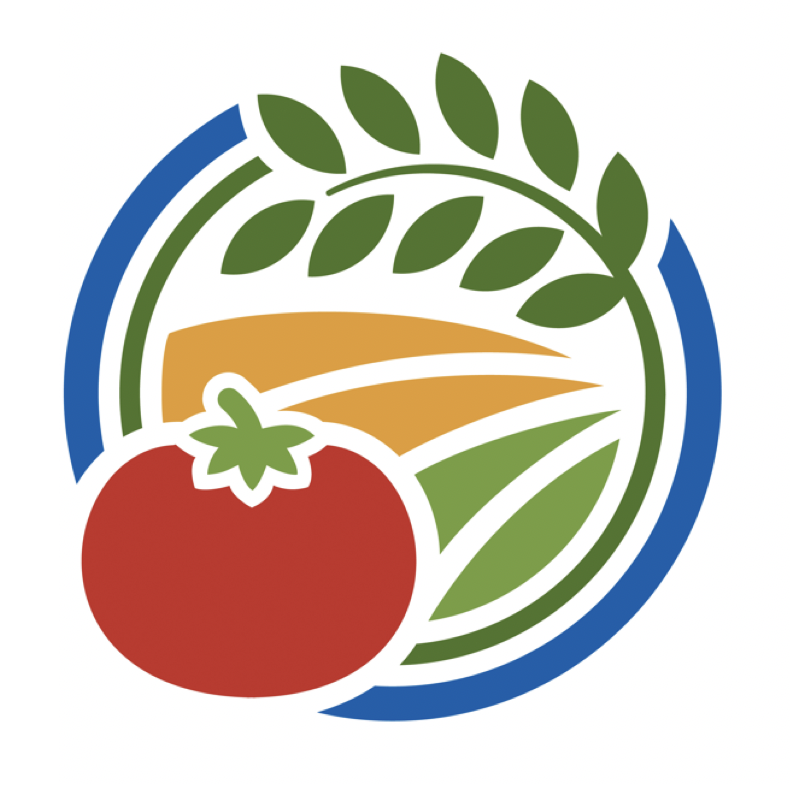What makes food grow - and why that matters
We recently contributed to the UC Food Blog and wrote about nitrogen. Check out a sample here, and read the rest over at the blog:
What makes food grow - and why that matters
There’s a lot of attention paid to where food comes from nowadays. Less attention has been paid to what helps that food grow, but that’s an important part of the equation. Whether organic or conventionally grown, the tomatoes, lettuce, plums and other food we eat rely on nutrients in order to grow. One of the most important nutrients for plant productivity is nitrogen.
Nitrogen, which is ubiquitous in our atmosphere in a relatively inert, gaseous form, is not available to most plants unless it is transformed into a reactive form and added to soil, where plants can use it to grow. Most often nitrogen is applied to fields in the form of synthetic fertilizer, although organic production relies on other nitrogen sources, such as cover crops, manure, fish meal and poultry waste.
Agricultural production depends on nitrogen in order to grow reliable, high yielding crops. But this nitrogen, when it is applied to fields in the reactive form that plants can use, also tends to leak out into air and water and cause pollution when all the nitrogen applied to the field is not used up by the plants.
